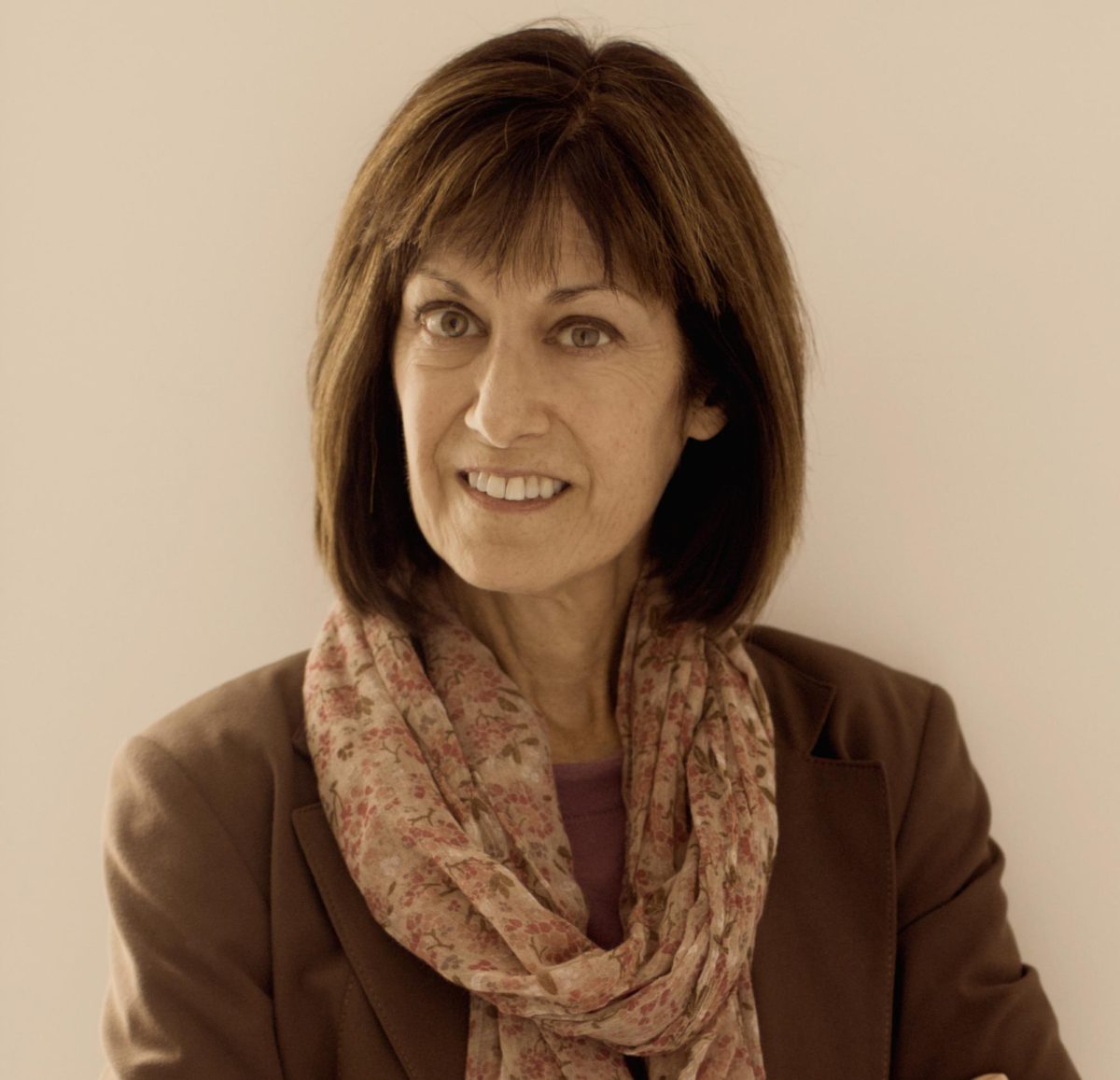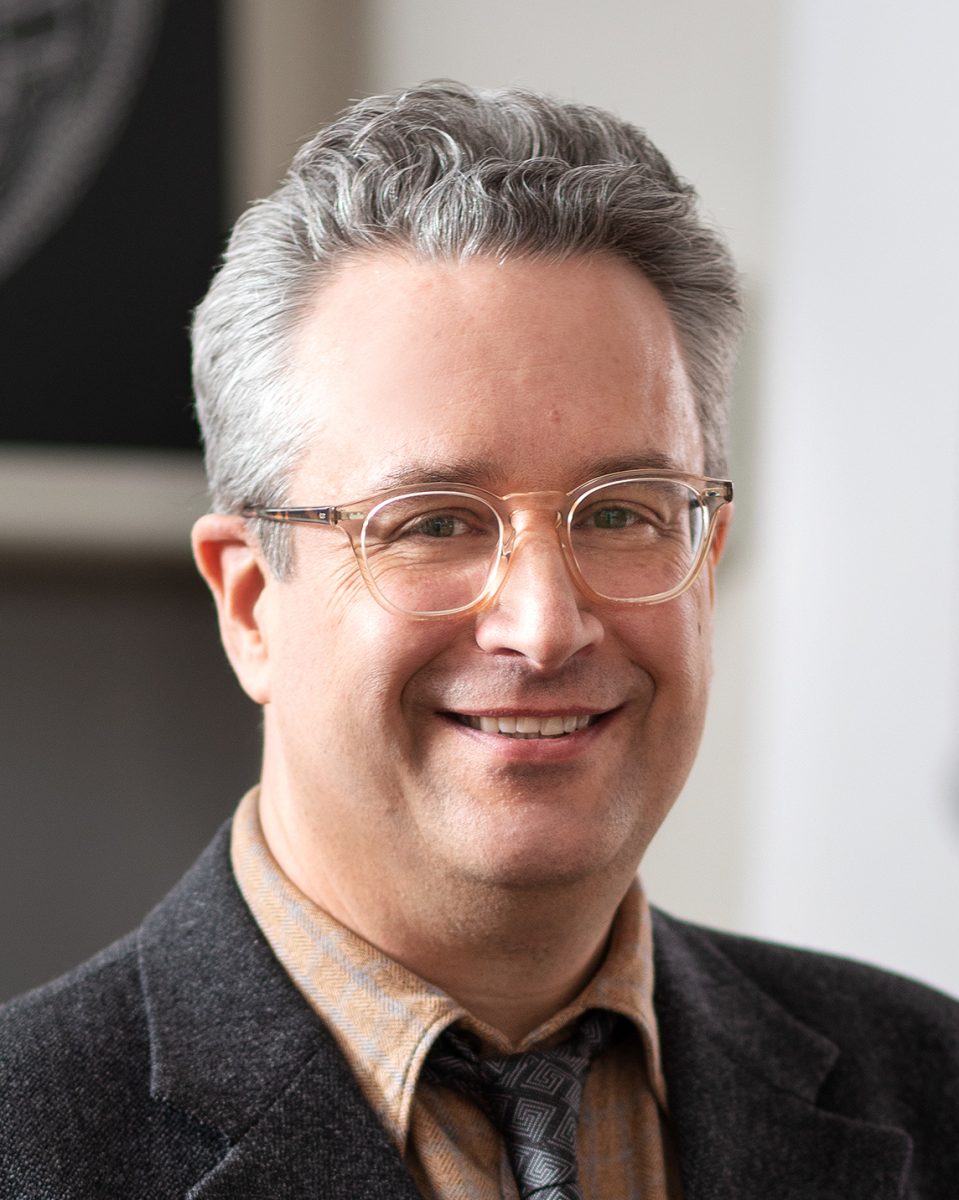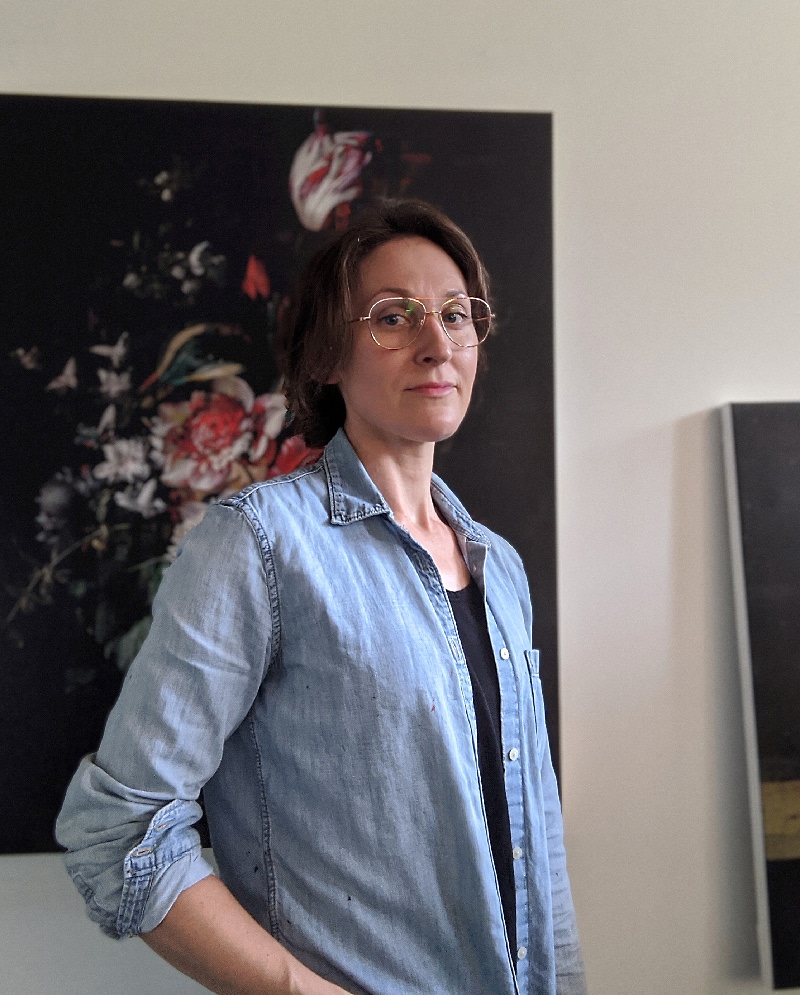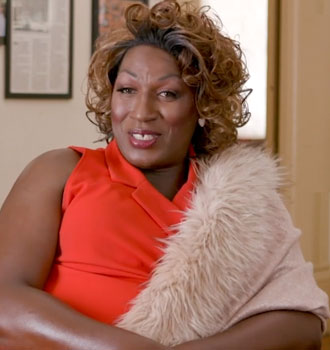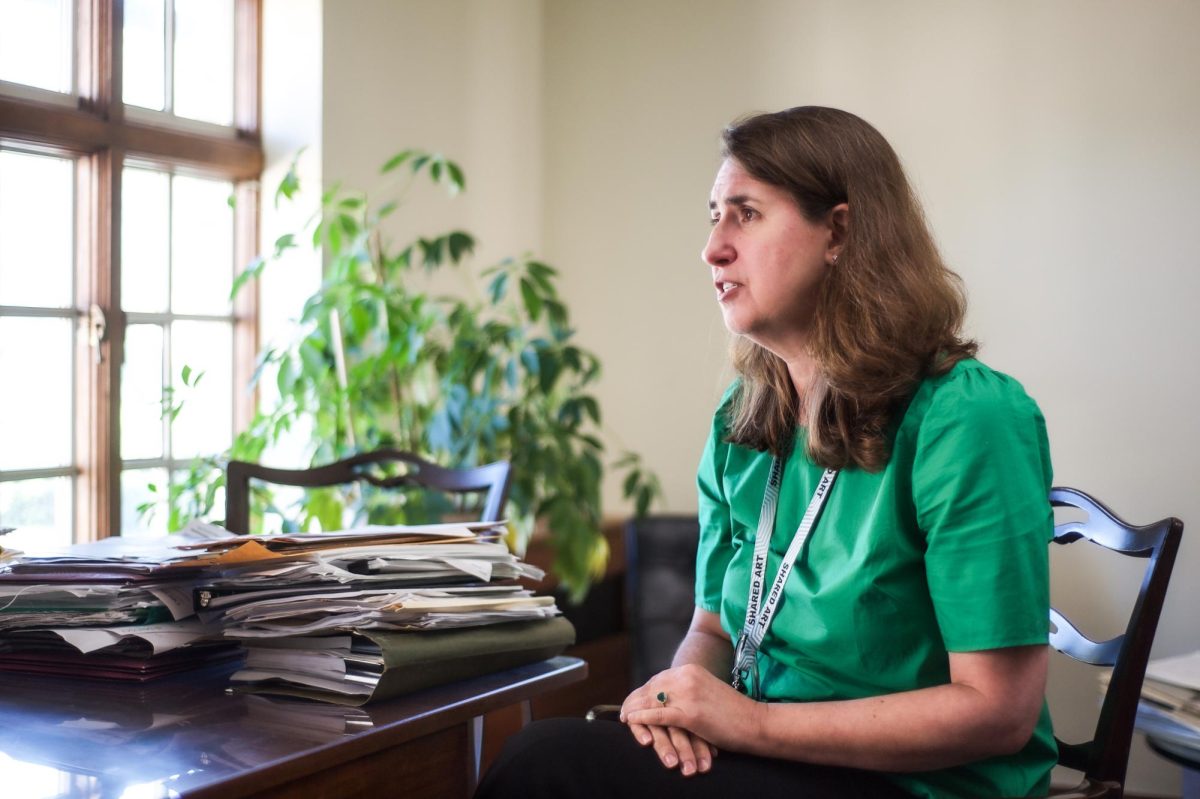Margaret Kamitsuka is the Francis W. and Lydia L. Davis Professor Emeritus of Religion at Oberlin College. She taught Gender, Sexuality, and Feminist Studies and Religion courses for over 20 years. She received her doctorate in religious studies from Yale University and is the author of Feminist Theology and the Challenge of Difference; Abortion and the Christian Tradition: A Pro-choice Theological Ethic; and Unborn Bodies: Resurrection and Reproductive Agency. Her most recent book, Desirable Belief: A Theology of Eros, came out last week.
This interview has been edited for length and clarity.
Could you give a brief description of your new book, Desirable Belief: A Theology of Eros?
This book does a critical analysis of the concept of erotic love in the Christian tradition. I basically look at how the issues of love, desire, and sexuality have manifested in the historical Christian tradition — both from the beginning, in scriptural texts, the writings of mystics, theologians, and up to the present day. It’s an analysis of how the concept of love and especially sexual love have been very present within the historical tradition, but also in some ways repressed, as well as how the church has tried to manage issues of sexuality to cohere with what the church thinks is the proper practice of sexuality.
What led you to study theology?
It probably started when I was in college. I started taking a few classes — I was a French major at the University of California, Berkeley. I finished the major and I had time to take some other courses, so I took history courses and some Biblical studies and theology classes at the graduate theological union. Those sparked my interest and I eventually came around to applying to graduate school in religious studies at Yale.
How do themes like feminism, abortion, and sexual desire engage within the context of theology, especially given that they are often polarizing in discussions of religion?
In the past five years or so, the focus of my scholarship has been in reproductive ethics. I have three books that look at the issues of reproductive ethics and abortion specifically. You can’t talk about abortion without talking about sexuality, because you are talking about how someone gets pregnant. The reaction of conservative anti-abortion thinkers is partly about the abortion issue and partly about sexual practices. In other words, women are shamed not only for having an abortion but also for getting pregnant. That comes into the whole discourse of what is the proper use of sexuality. The writings that I did on the abortion issue led me to want to probe more deeply into issues of sexuality and sexual desire. When you look at so-called “pro-life” and “pro-choice” camps, they tend to categorize issues of sexuality, abortion, embodiment, pregnancy, and miscarriage — all these things that bodies do and that happen to bodies — in terms of sound bites that work for a political program. Human lives are more complicated than that. So, I endeavor to look at ways in which both sides have misunderstood the issues and tried to ignore other nuances of human embodiment and human living — ways that don’t fit into the ways that people really live their lives and how they feel and the kinds of decisions they make. I’m speaking here more about things in my previous books than in Desirable Belief, but that’s the background for wanting to think more about issues of sexuality, especially since the curriculum that I taught at Oberlin was pretty much gender and sexuality.
What is your process like when writing?
It depends. My writing process, when I was still teaching full-time, was to try and carve out a little time on the weekends, during fall break, Winter Term, or the summer. Now that I am retired from teaching, I write full-time. I am an early morning writer — that’s my thing. I am not a night owl. … I think it was Toni Morrison who once said she was very brilliant in the morning and then it sort of ebbed away in the afternoon.
Do you have a favorite book you have written?
I don’t think I have a favorite book. It’s kind of like children — you don’t have a favorite child. It’s really an impossible question. I’ll change the question. If I had a favorite book that I’ve read and that I continue to come back to and read at various points in my life, it would be Jane Austen’s Pride and Prejudice. I love the writing, the humor of it, and the way in which she is just wickedly funny with her characters.


